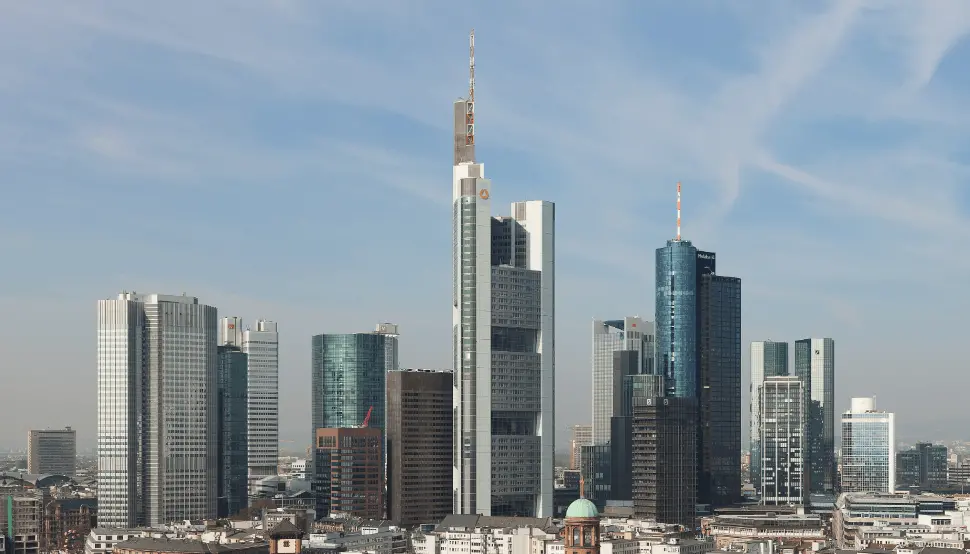You are a high cost country, your demographic situation is unfavourable and the population (and hence, the market size) is stagnant, more-and-more aged people are dependent upon less-and-less “productive” employees, you have a severe skills shortage in certain important industry segments, your energy- and environment-related costs are among the highest in the world, you are struggling with an influx of refugees from violent geographies, which has made your central government very shaky. Your economy is doomed, right? Wrong!
In a couple of reports published recently, Germany is named as the most attractive Foreign Direct Investment (FDI) destination in Europe. Two-third of 700 top managers participating in an EY study said that Germany tops their choice of investment destinations in Europe. Another report by GTAI (German Trade and Invest) shows that in 2017, 1910 FDI projects (Greenfield and expansion) were concluded by foreigners in Germany. This was 6% above 2016 numbers. An additional 1925 M&A (merger and acquisition) transactions were registered by foreign companies in Germany. Interestingly, 42 of the 1910 Greenfield came from India (China: 218). Top segments amongst the Greenfield and expansion projects were – Business & Financial Services (20%), and IT & Software (16%).
Let’s look at the reasons for the choice of Germany as the favourite investment destination, in the face of overwhelming cost-disadvantage.
Top three reasons quoted by the managers - why they find Germany attractive - were: Excellent Infrastructure (Transport & Logistics) 82%, Employee skills 79%, and Social climate 77%.
The least evident reasons were: obviously, Employee Costs 33%, corporate taxation 39%, and the state subsidies 48%.
Average hourly costs of industrial labour in Germany amounts to EUR 34 (INR 2700). Despite that, 91% foreign investors said that they want to make use of the excellent infrastructure in Germany, 90% want to access German technologies and the technology-driven companies, 88% want to access exporting expertise of German companies, and 85% said they want to land in Germany in order to access the huge German and European market.
Those top industry bosses feel that the dominant German automobile industry is undergoing a huge disruption, and also the whole ecosystem (suppliers and service providers) will be affected.
The biggest challenge German economy faces today is that – it is still not prepared for the digital transformation. German economy finds itself at the crossroads. Achieving the synthesis of physical andcyber processes, is the biggest challenge for the industry. And there lie also the most rewarding opportunities.
So far as India is concerned, we have some learnings to ponder over, and some opportunities to benefit from.
The industrial investor looks for the infrastructure, skills, stability and ease of doing business, - primarily - while making a long term investment decision. High cost of operation matters less so long as you can produce quality products consistently. Tax differentials matters less so long as it is fair, predictable, and not retroactive. Subsidies are less necessary so long as the industry gets a stable, reliable and business-friendly environment.
Opportunities?
We need to ingrain it in our mind that we should not engage with Germany (or for that matter the EU countries) on cost grounds. We should endeavor it only if we have a long term vision, and an appetite for investments; only if we are really interested in high-tech, quality, and innovation. Having said that, we can support Germany in its demographic challenges. An increasing number of the Mittelstand companies (German SMEs) are looking for a fair way out due to succession issues. This opens up joint venture as well as acquisition opportunities. Many Indian auto-component vendors, pharmaceutical, and IT companies have chosen this root in the past to get a foothold in strong German/European auto or health markets. Again due to the demographic challenge, Germany is lacking on skilled employees – engineering and information technology. This skill shortage is opening the floodgates for Indian ESPs (Engineering Service Providers). It is creating a number of opportunities in the fields of PLM (Product Life Cycle Management), CAD/CAM, CAE (Simulation) and so on. Slow Digital Transformation was recognized as the biggest challenge German industry faces by the top managers participating in the study. India can offer IT-driven engineering services to support the German digitization efforts. It can be the digital support necessitated by Industry 4.0, IoT, Smart City initiatives, Smart Energy, E-mobility, Robotics, Additive Manufacturing, Augmented/Virtual Reality, Artificial Intelligence, Data Security and so on.
Learning the intercultural aspects of working in Germany/Continental Europe, and acquaintingyourself a bit with the relevant European language/s is a small challenge one needs to take. But I can assure you, if you are willing for the same, you are already on an exciting and fulfilling journey – for yourself, and for your organization!



Leave your comments
Post comment as a guest